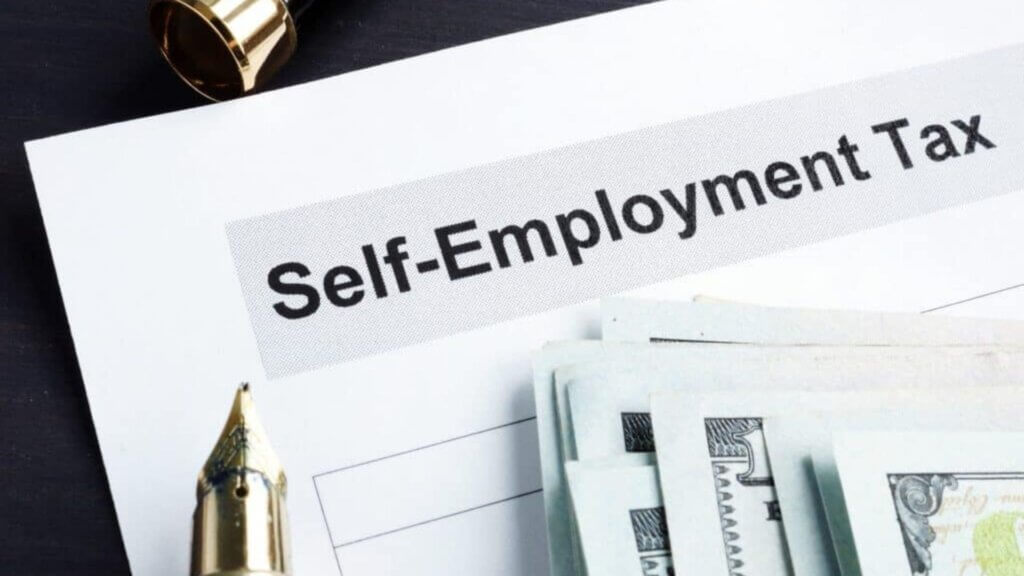
If you’re self-employed in Connecticut, you may be able to claim a rebate of your state income taxes, including the Connecticut Self-Employment Tax. The state’s personal income tax is based on your Connecticut taxable income, which is calculated by subtracting the state’s personal exemption from your federal adjusted gross income (AGI). You can find more information on this calculation and other tax credits available to Connecticut residents on the Department of Revenue Services (DRS) website.
Connecticut’s self-employment (SE) tax rate is 15.3%, which includes a 12.4% Social Security and 2.9% Medicare tax on your net business earnings. This is in addition to federal income tax rates, which are also levied on your business profits. The DRS also offers a guide to help you understand Connecticut’s SE tax and filing requirements.
As the gig economy continues to grow, more people are making the transition from full-time employment to self-employment. However, they may not realize they must pay self-employment tax. This tax consists of Social Security and Medicare taxes on net self-employment income up to an annual income ceiling. It does not include federal income tax levied on all gross income.
If you are a business owner in Connecticut, keeping accurate records of your earnings and expenses is important. This will help you determine whether or not you qualify for any tax deductions. In addition, you must register your business with the Department of Revenue Services (DRS) and submit withholding taxes on a quarterly basis. You can do this online at myconneCT. You must also report any changes to your address, name or FEIN. You could be subject to penalties and interest if you don’t file these reports on time.

Connecticut Self-employment Tax Due Date
If you’re an individual who lives in Connecticut and works as a self-employed worker, file your personal income tax return by April 15. You can also pay this tax electronically using the state’s myconneCT portal. See the Department of Revenue Services (DRS) website for more details.
You can also use myconneCT to register and manage your business’s state taxes. If you’re a new employer, you’ll need to complete the registration process and receive your Employer Account Number (EAN) through ReEmployCT by April 15.
Most pass-through entities in Connecticut must also pay a state unemployment insurance tax. This tax is based on the average weekly wages of employees, including tips and bonuses. The tax is due quarterly and must be paid by the end of the quarter. Rippling’s payroll compliance software makes this process easier by automatically calculating, filing, and paying your taxes. The platform also monitors changing federal and state tax laws to ensure total compliance.